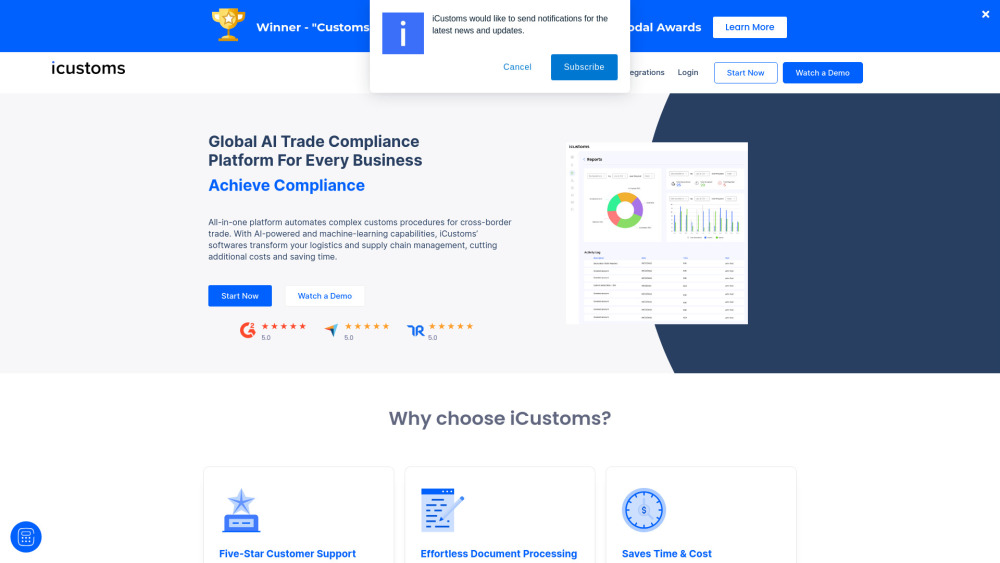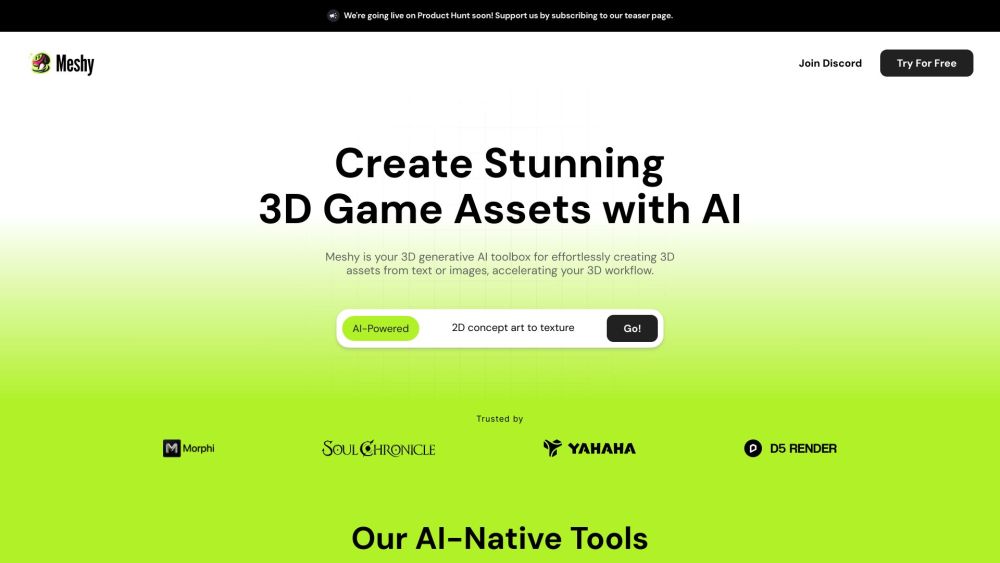Brave's Leo AI Assistant Launches for Android Users: Access Your Smart Companion Today!
Most people like

In an era where technology revolutionizes industries, AI solutions are significantly reshaping the banking and FinTech sectors. From enhancing customer service to optimizing risk management, the integration of artificial intelligence is proving essential for financial institutions striving for innovation and efficiency. Discover how AI-driven processes are not only streamlining operations but also providing personalized experiences for clients, setting the stage for a new era in finance.

Revolutionizing Customs Declaration: AI Solutions for Global Enterprises
In an increasingly interconnected world, global enterprises face the complex challenge of customs declaration. Leveraging cutting-edge AI solutions can streamline the customs process, enhancing efficiency and compliance. Discover how these innovative technologies can transform your business operations and help navigate international trade with ease.

In today's fast-paced digital landscape, personalized entertainment platforms have revolutionized the way we consume content. These tailored services curate experiences based on your preferences, ensuring that every user enjoys a customized viewing journey. With advanced algorithms and a vast array of options, these platforms not only save you time but also enhance your overall entertainment experience, connecting you with shows and movies you'll love. Join us as we explore the benefits and features of these innovative entertainment solutions.
Find AI tools in YBX


